Alcohol DUI
ALCOHOL DUI IN CALIFORNIA
Arrested for Alcohol DUI?
In California, a person over 21 can be convicted of V.C. 23152(b) for driving with a 0.08% or greater BAC (0.05% for under 21). However, what most people don’t know is that a person arrested for alcohol DUI is almost always charged with V.C. 23152(a) as well (both a & b). This is important because the “a” count does not specify any particular BAC. In other words, as long as the prosecutor can show that you are “impaired,” you can be charged (and convicted) of DUI even if your BAC is under the legal limit.
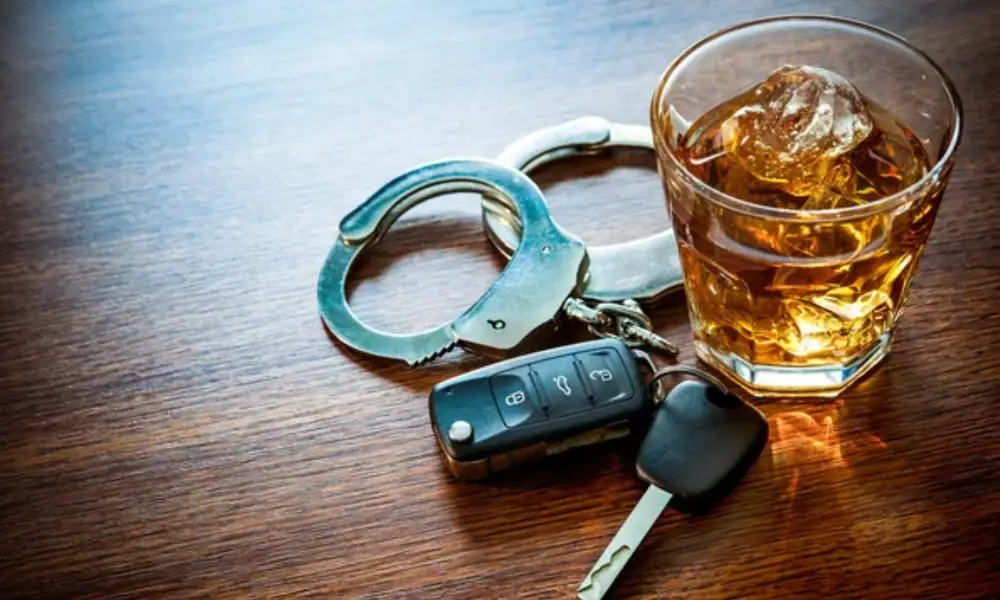
PENALTIES FOR COURT CONVICTION OF DRIVING UNDER THE INFLUENCE ( VEHICLE CODE §23152 )
DUI Penalties
Minimum and maximum sentences with probation (3-5 years):
First Offense
A fine of $390 to $1000 with penalty assessment (multiplied by approximately 3-4 times), up to 6 months in jail, and attendance in a 3, 6, or 9 month alcohol program. As a result of the court conviction, the DMV will suspend your license for 6 or 10 months, depending on the alcohol program ordered, but a restricted license may be requested. Additionally, you will receive 2 points on your driving record.
Second Offense within 10 years
A fine of $390 to $1000 with penalty assessment (multiplied by approximately 3-4 times), a minimum of 4 days and up to 1 year in county jail, attendance in a 18 month alcohol program, and installation of an interlocking device for up to 3 years. As a result of the court conviction, the DMV will suspend your license for 2 years, but a restricted license may be requested with IID for 1 year. Additionally, you will receive 2 points on your driving record.
Third Offense within 10 years
A fine of $390 to $1000 with penalty assessment (multiplied by approximately 3-4 times), a minimum of 120 days and up to 1 year in county jail, attendance in a 18 month alcohol program, and installation of an interlocking device for up to 3 years. As a result of the court conviction, the DMV will revoke your license for 3 years, but a restricted license may be requested with IID for 2 years. Additionally, you will receive 2 points on your driving record.
Fourth Offense within 10 years
A fine of $390 to $1000 with penalty assessment (multiplied by approximately 3-4 times), a minimum of 180 days and up to 1 year in county jail, attendance in a 18 month alcohol program, and installation of an interlocking device for up to 3 years. As a result of the court conviction, the DMV will revoke your license for 4 years, but a restricted license may be requested with IID for 3 years. Additionally, you will receive 2 points on your driving record.
Type of Penalties
In California, if you are convicted of a DUI, you may face the following penalties:

Fines
A DUI conviction often involves hefty fines, made up of a base fine plus a 4-5x penalty multiplier.
Jail Time
A DUI is at least a misdemeanor punishable by jail time, which increases with the amount of priors and/or injury caused.
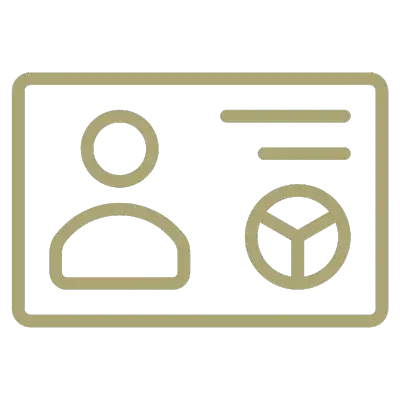
License Suspension
Just being arrested for a DUI will trigger automatic consequences on your ability to drive. Actions taken by the court and DMV can be overlapping and difficult to navigate.

Alcohol Program
A conviction for DUI will require attendance in a minimum 3-month alcohol program. You may also need to attend such a program to maintain your ability to drive.

Ignition Interlock Device
The IID device will randomly require a alcohol-less breath sample for the car to start and continue runing. It is often required after a DUI conviction and/or an adverse ruling at the DMV Hearing.
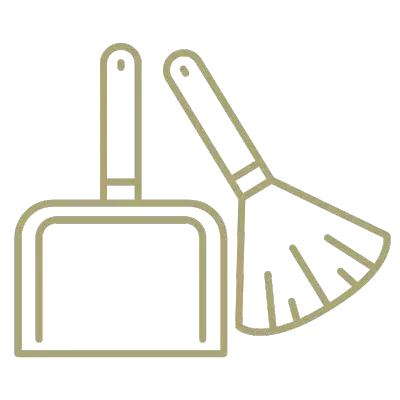
Community Service
This can be ordered/bargained as part of the sentence, or as an alternative to paying fines. Generally it consists of lighter work than Community Labor, but more hours.

Community Labor
Also known as Work Release, this is often required for a DUI with accident, and can sometimes be an alternative to jail (8 hrs. = 1 day jail). An example is picking up trash on the freeway. It consists of harder work than community service, but fewer hours.
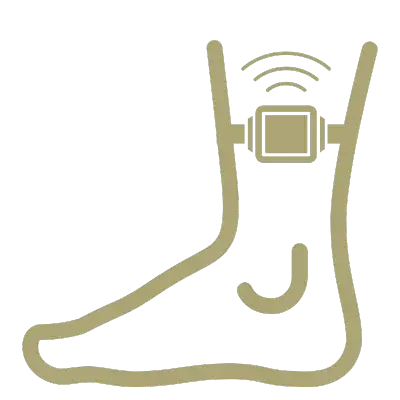
Ankle Monitor
An ankle bracelet is often negotiated as a subsitute to jail where the defendant has medical issues or might lose employment due to a long sentence. The wearer is allowed to go to work, but must return home by a certain hour. The device can also detect alcohol.

Probation
If convicted of a first DUI, the mandatory period of probation is 3 years. Repeat offenders may face up to 5 years of probation. This probation is informal (ie. no probation officer) unless the DUI is a felony.
ALCOHOL DUI DEFENSE STRATEGIES
Don’t Assume You Have to Plead Guilty
1. Mouth Alcohol – breath machines are designed to measure air, not liquid. When you drink alcohol, some of it gets stuck in between your teeth. Likewise, when a person burps, liquid alcohol gets mixed up with saliva. While this type of mouth alcohol may seem minimal, it certainly isn’t so minimal for a breath machine that is designed to measure the alcohol in a person’s breath, not saliva. What makes it worse is that police officers are known for requesting that you blow into a breathalyzer as hard as you can for as long as you can. Anyone who has played a trumpet or blown into a balloon knows what happens when you blow into something forcefully—saliva gets spit out. In the case of a DUI, the BAC measured can be many times higher due to the presence of mouth alcohol.
2. Rising BAC – depending on the length of time and amount of consumption, a person’s Blood Alcohol Level can continue to rise several hours after the last drink. For example, suppose it is 11pm and you just had your last drink and you are driving home, you could be at a 0.06%, but by 12am or 1am, when you are administered a chemical test at the police station, you may register a 0.09% or higher. In other words, the results obtained simply do not reflect your BAC at the time of driving.
3. Absorption – as mentioned above, what makes DUI illegal is the alcohol in the bloodstream that impairs the brain. The problem with breath machines is, it works by measuring BREATH and converting it to a BLOOD Alcohol reading. So if the “breath” reflects a 0.10% BAC, but the “blood” actually contains only a 0.03% BAC, then you can see how an innocent person gets convicted of DUI. The fact is, when a person is still absorbing alcohol and blows into a breathalyzer, the results will ALWAYS read higher, sometimes 3-5 times higher! The reason is, the person is still absorbing alcohol, a process that can take up to several hours especially if there is food in the stomach. During absorption, the alcohol consumed has not had sufficient time to fully enter the bloodstream, so the “breath” alcohol measured can be a far cry from the “blood” alcohol, which is what affects the brain. Remember that DUI statutes refer to “BLOOD Alcohol Level,” not breath!
BLOOD TESTS:
Blood tests are generally more accurate than breath tests, because blood is measured directly and no conversion from breath is necessary. However, in addition to being vulnerable to the Rising BAC attack (see above), blood samples are often not maintained properly, and the results can be just as skewed. Consider the following: 1. Fermentation – after blood is drawn and put in a vial, Title XVII requires that an anticoagulant and a preservative be placed in the vial, which must then be shaken. The anticoagulant prevents the blood from clotting, and the preservative prevents fermentation, whereby the blood goes bad—much like sour milk —and the alcohol content multiplies. The problem is, most blood vials in DUI cases sit in the police station un-refrigerated for several weeks before someone even gets to the task of evaluating it. This is coupled with the fact that law enforcement is often unfamiliar with the requirements of Title XVII, and do a poor job documenting the chain of custody of the vial. This means that the BAC obtained from the “contaminated” sample can be much higher than the BAC of the same sample the day it was drawn from your arm!
DUI CHECKPOINT:
Most people who are arrested at a DUI Checkpoint never question the legitimacy of the Checkpoint itself. The fact is, Checkpoints have to be properly set up and maintained, or else the stop (and the subsequent DUI) lacks probable cause.
For example, a Checkpoint must be set up at a time and place that makes sense, yielding enough DUI arrests to outweigh the burden to the public. Moreover, signs must be set up to warn drivers in advance, with escape route(s) for drivers who wish to avoid it.
Remember, it is up to the the state to prove that the Checkpoint is legit (once the defendant has raised the issue). Never assume that it is!
ALCOHOL DUI DEFENSES
Effective Defenses against Alcohol DUI Charges
1. Challenging Breath Test Results
When a person is still absorbing alcohol, the breath machine will ALWAYS read to high. It is up to your lawyer to show the discrepancy between reality and the reading.
2. No Driving Defense
If there’s no evidence you were operating the vehicle near the time of the arrest, we challenge the fundamental premise of your DUI charge.
3. Illegal Arrest or Stop
We can contest the legality (probable cause) of your DUI stop or arrest, which could lead to dismissal if your rights were violated.
4. Rising Blood Alcohol Level
Alcohol absorption rates vary based on race, sex, time/amount of consumption..etc We argue that your BAC may have risen between the time of driving and the time of testing.
5. Mouth Alcohol
We highlight factors like belching or acid reflux, which can skew breathalyzer results by releasing alcohol from the stomach into the mouth during breath testing.
6. Biased Field Sobriety Tests
We examine the administration of field tests for bias or error that could compromise their validity.
7. Faulty Breathalyzer Calibration
We scrutinize the maintenance and calibration records of the breathalyzer used, disputing results from improperly calibrated devices.
8. No Miranda Warning
Miranda must be given if there is post-arrest interrogation. We pinpoint the time of the actual arrest/cuffing and try to exclude statements made thereafter absent Miranda.
9. Blood Fermentation
If blood vials lack sufficient preservatives, the blood can ferment, leading to higher BAC readings.
10. Medical Conditions
Certain medical conditions, such as diabetes, hypoglycemia, auto-brewery syndrome, or gerds (acid reflux), can produce falsely high BAC readings.
11. DUI Checkpoint
A DUI checkpoint must be properly set up and maintained, otherwise the stop itself lacks probable cause.
12. Forced Blood Draw
Fedral law requires a warrent for a blood draw unless there is consent. Lacking consent / warrent means the blood result can be excluded.
Call us for a 1 HR free consultation
Available 24/7
FAQ
Freaqent Asked Questions
I just picked up a DUI and I blew over the legal limit. I’m guilty, so what’s the point of hiring a lawyer?
First of all, being over the legal limit is just the starting point, and all DUI cases that are won involve people who are at or above the legal limit (or they refused). If you were under the legal limit, you wouldn’t even have been cited. Second, just because you feel you are guilty, it doesn’t mean you need to have the full brunt of the consequences crash down on you. With proper representation, things like jail time, license suspension, fines, probation, alcohol school…etc. can be reduced or eliminated, guilty or not.
If I hire a lawyer, is it possible that I will never need to appear in court?
Yes. If you are facing a misdemeanor DUI and nothing else, a lawyer can appear on your behalf without you throughout the entire proceeding. At the DMV, if your testimony is required, you can testify telephonically. If there are any forms you need to sign for court, your lawyer can mail these to you and have you sign in front of a notary. All paperwork that you need can be mailed to you by your lawyer.
I received a letter or voice message from law enforcement asking me to contact them regarding an incident. What should I do?
You should absolutely NOT contact law enforcement yourself. Most of the time this kind of letter is sent when there is not enough evidence yet to charge you, and they are hoping you will help them out by incriminating yourself. Always contact a lawyer first, and if necessary, speak only through counsel.
I was arrested for DUI. Do I need SR-22?
SR-22 is just another term for “Proof of Insurance.” Your insurance company needs to file it for you for 3 years only upon conviction of a DUI.
CALIFORNIA DUI ATTORNEY JEFF YEH
Call THE DUI SPECIALIST
If you’ve been charged with driving under the influence, it’s crucial that you reach out to a DUI specialist right away. As a dedicated DUI lawyer, I have personally handled thousands of drunk driving cases, leveraging my expertise to defend my clients effectively. I know the prosecutors and Judges and how they conduct their business in the various courts throughout California. Schedule your free consultation today by filling out the contact form below or by calling me directly at (213) 446 – 2495.
%












